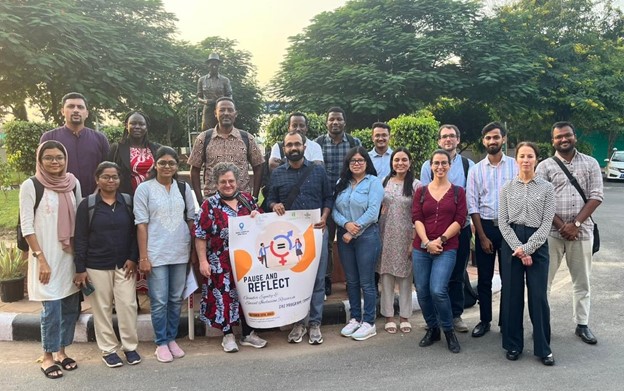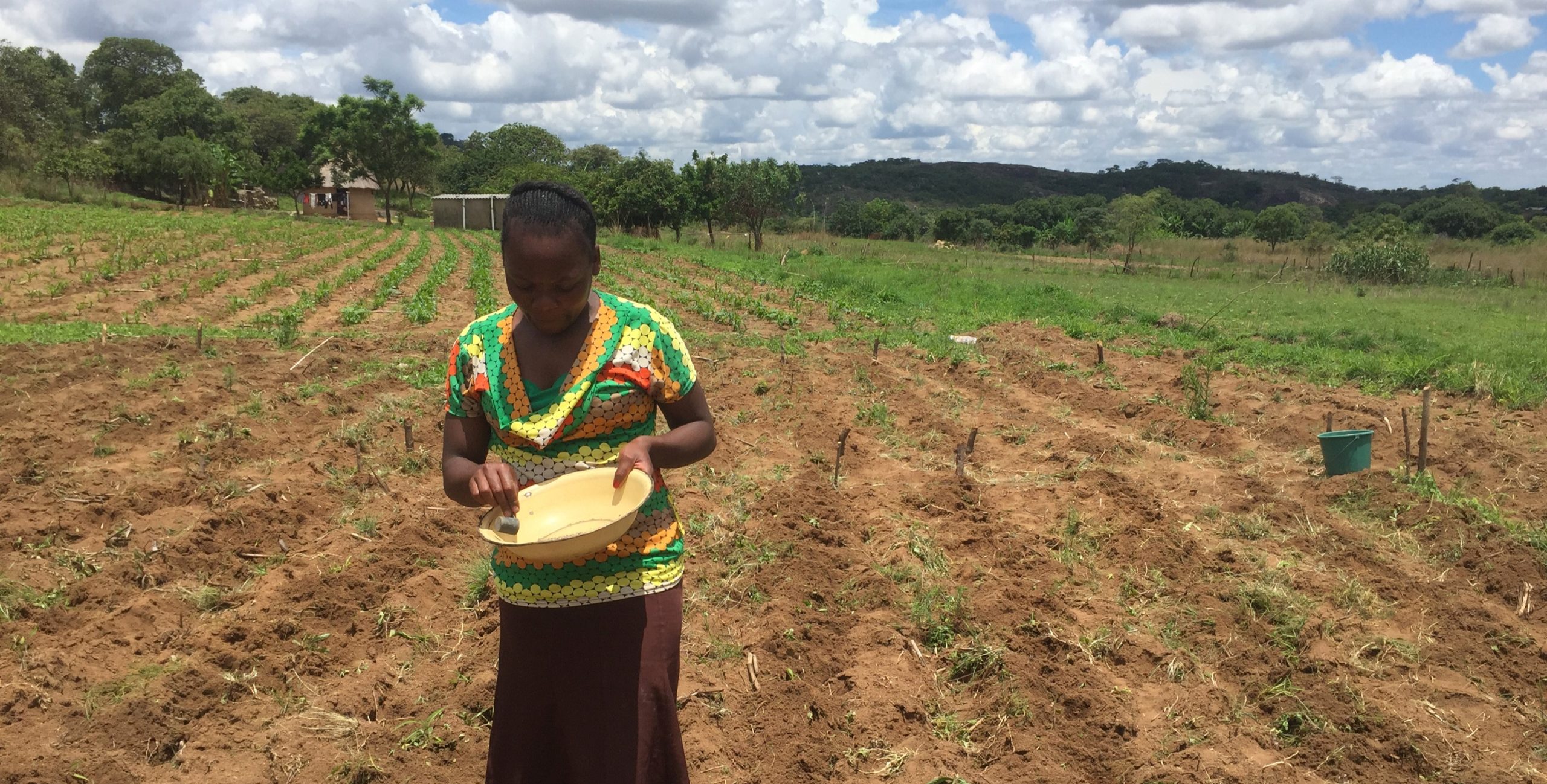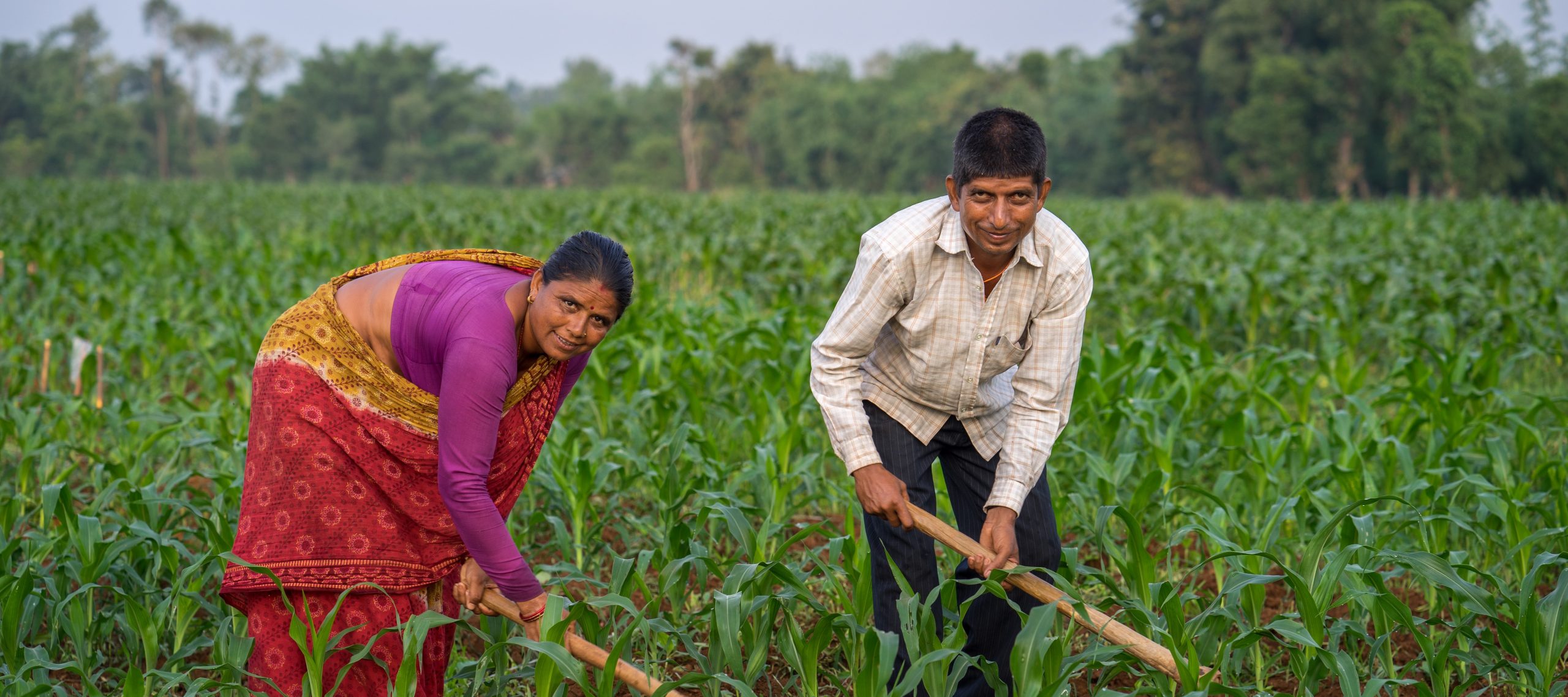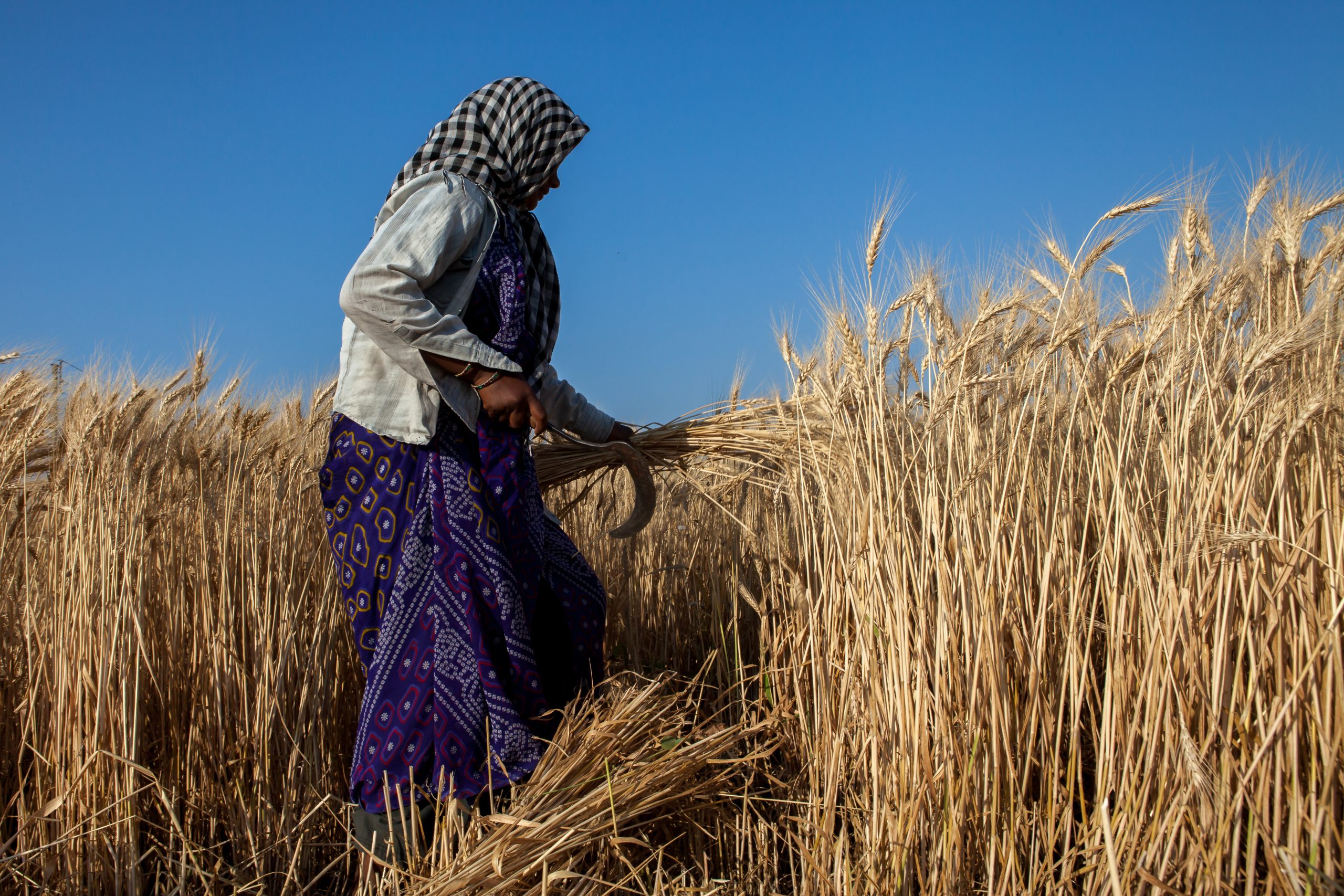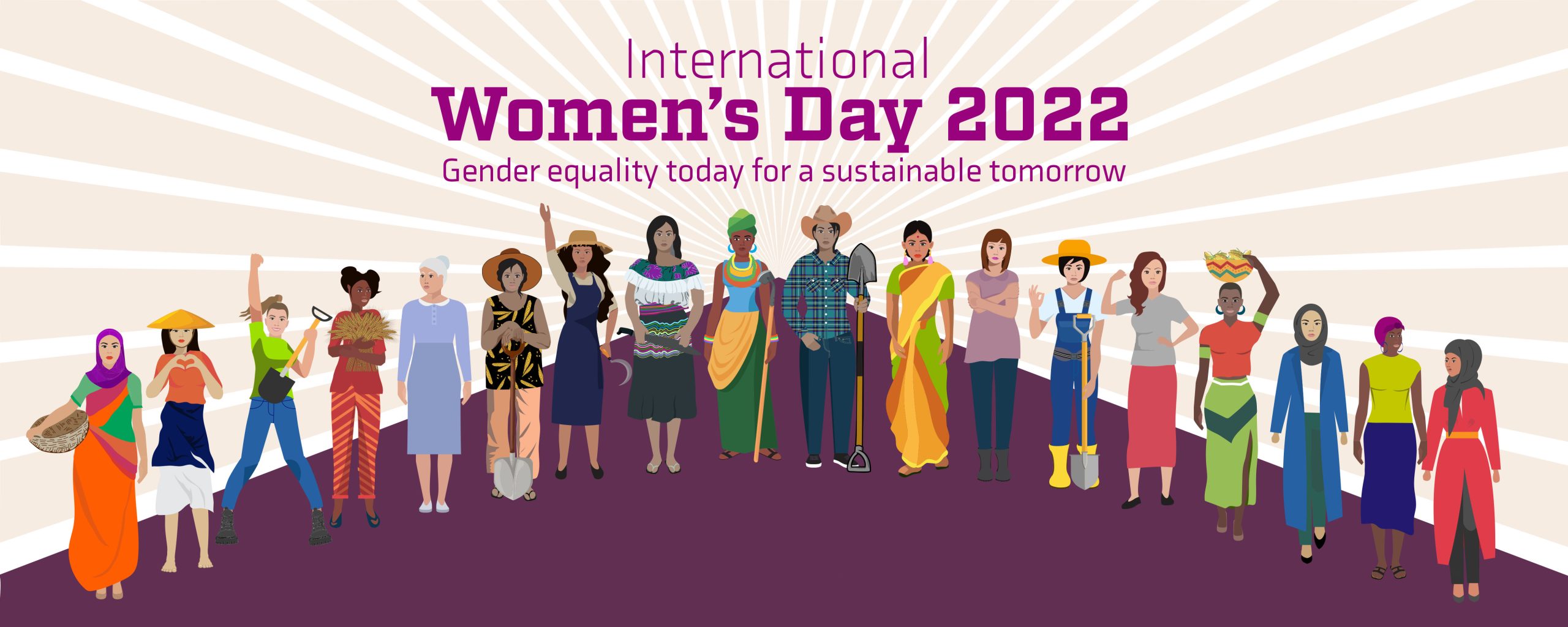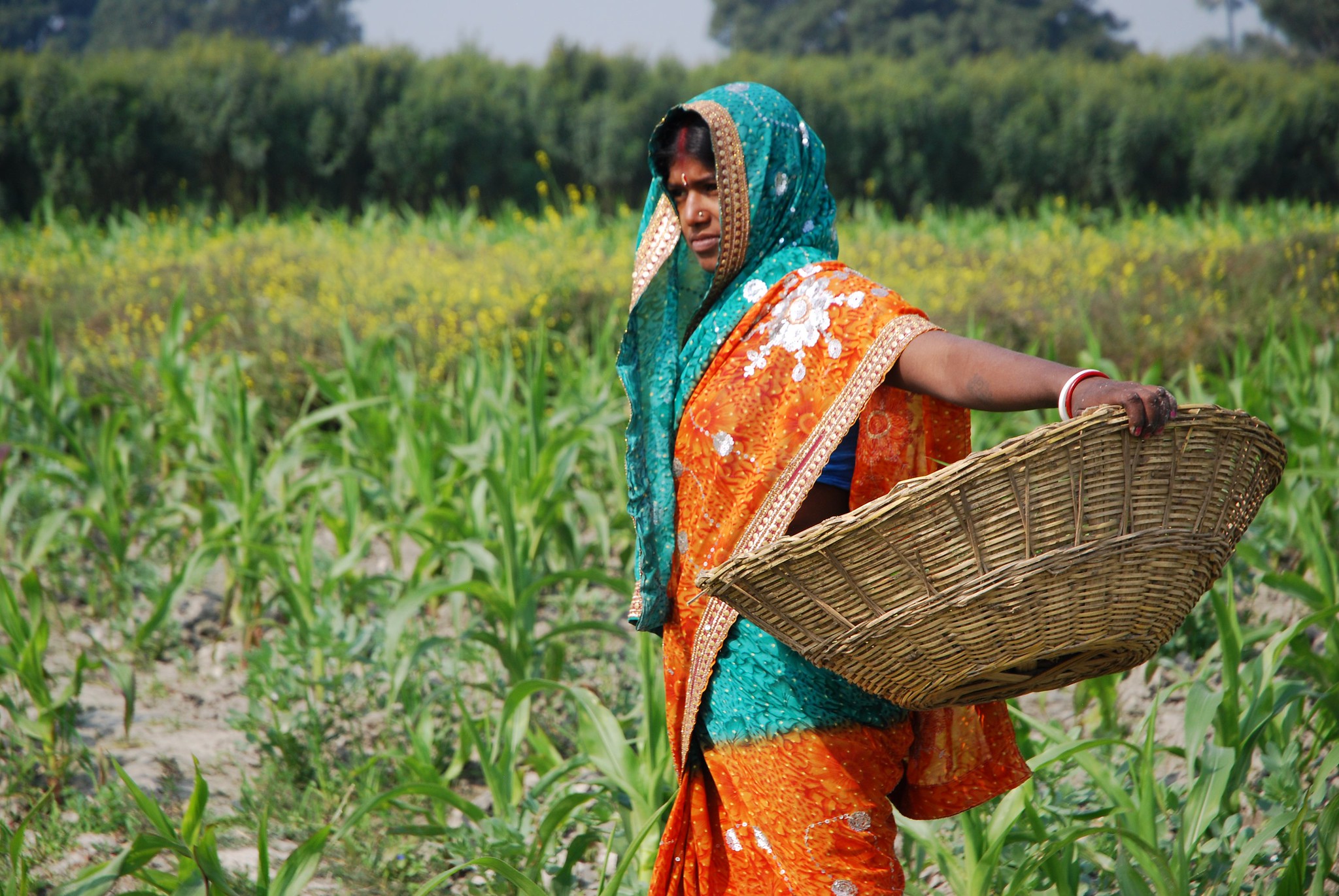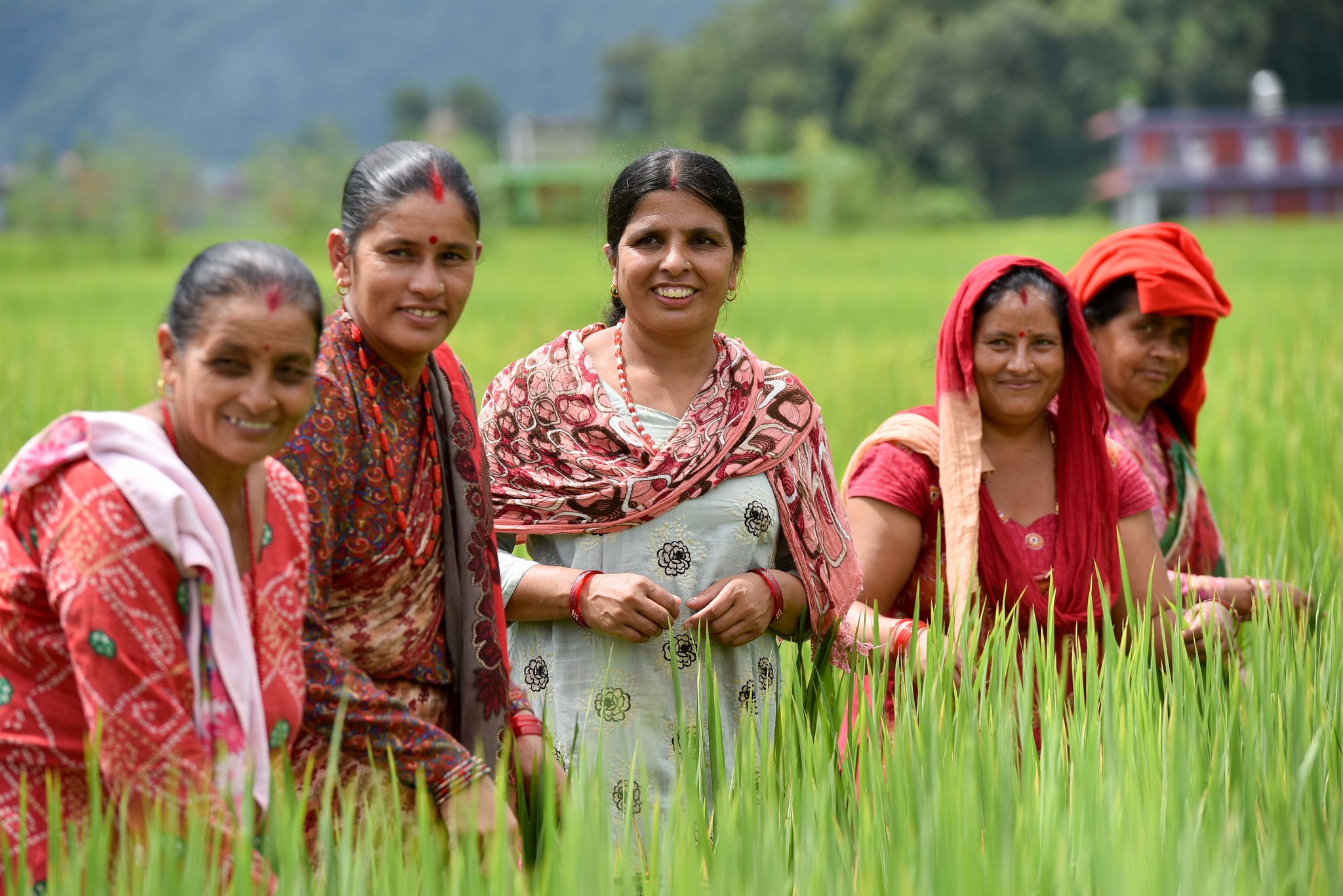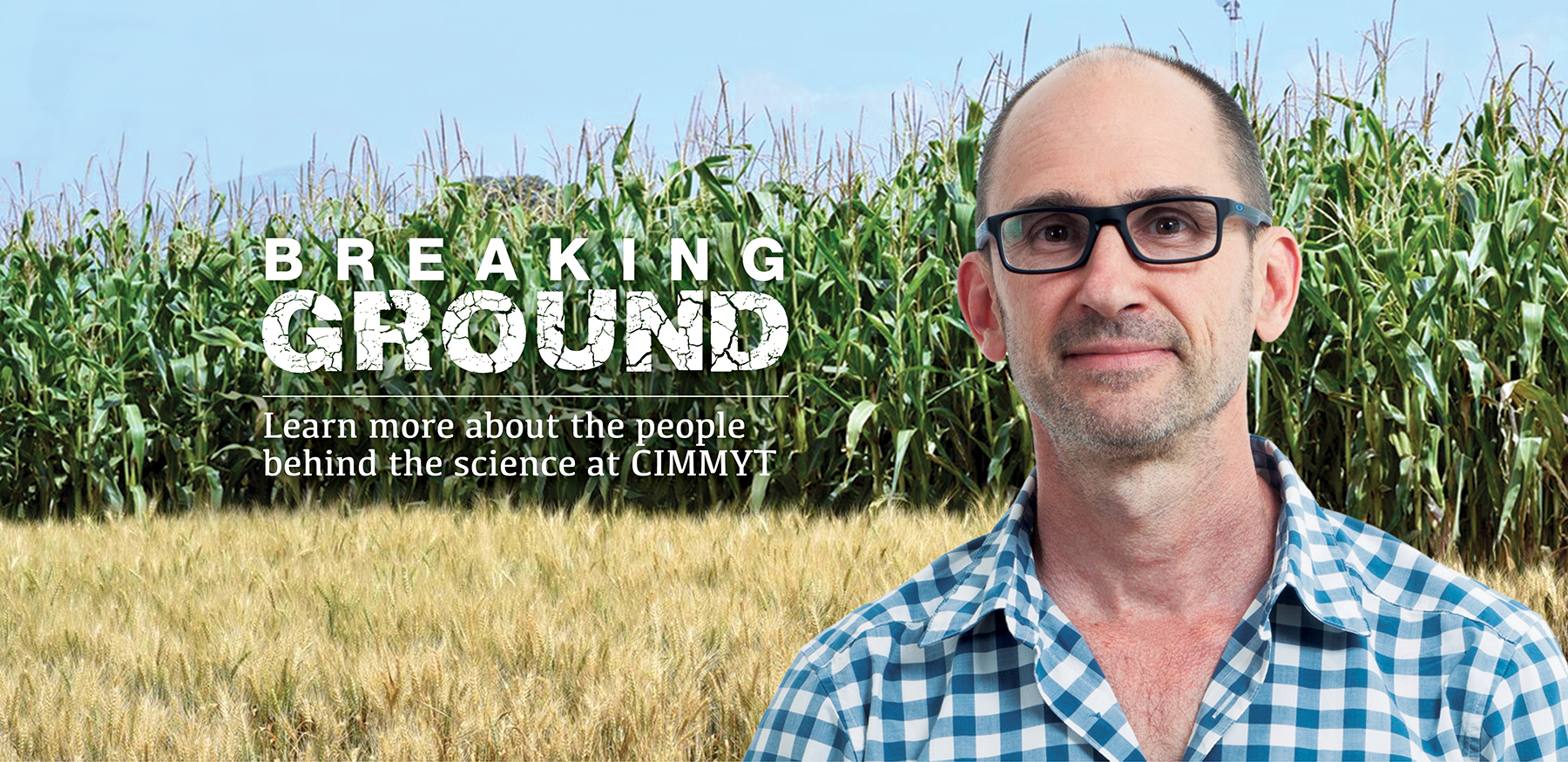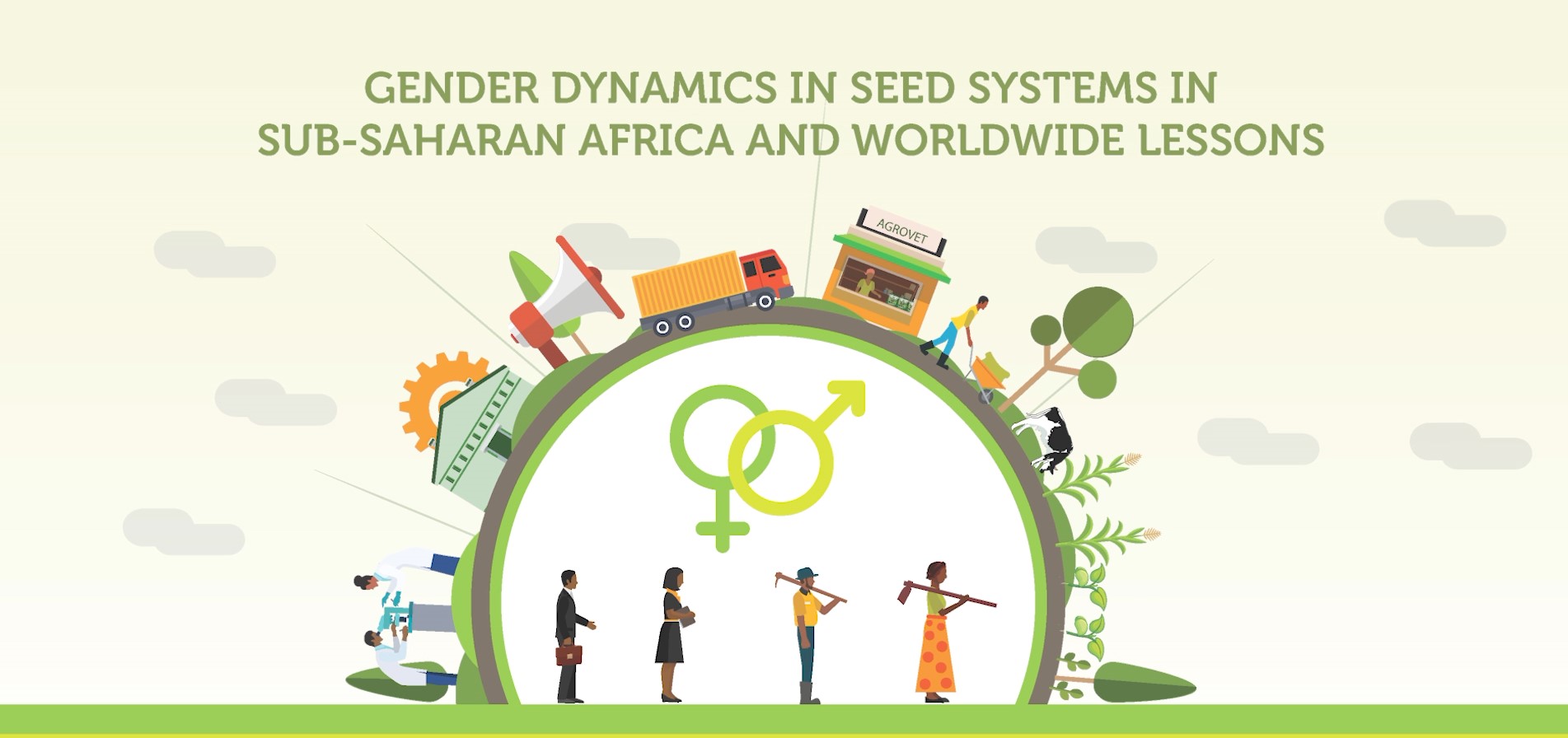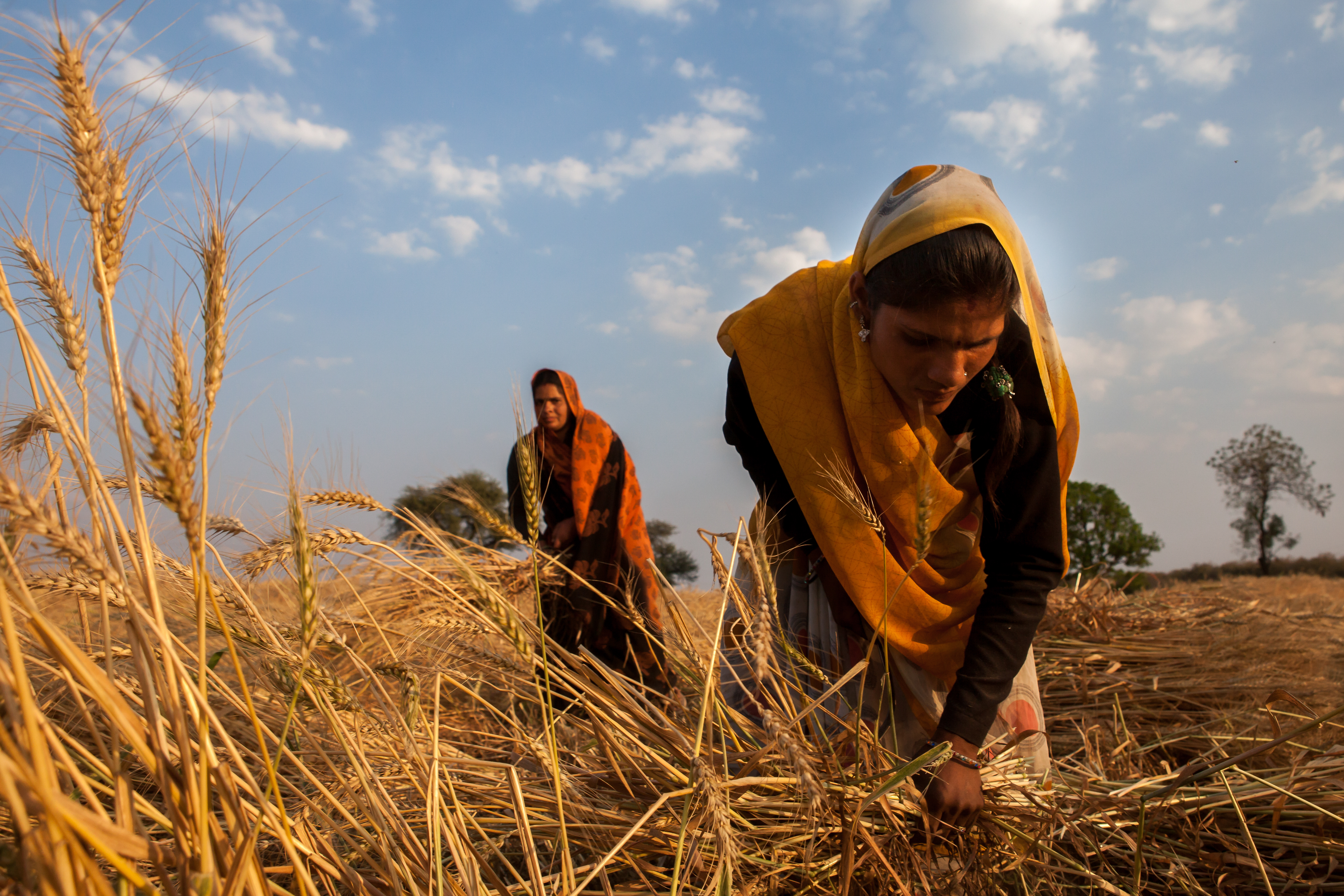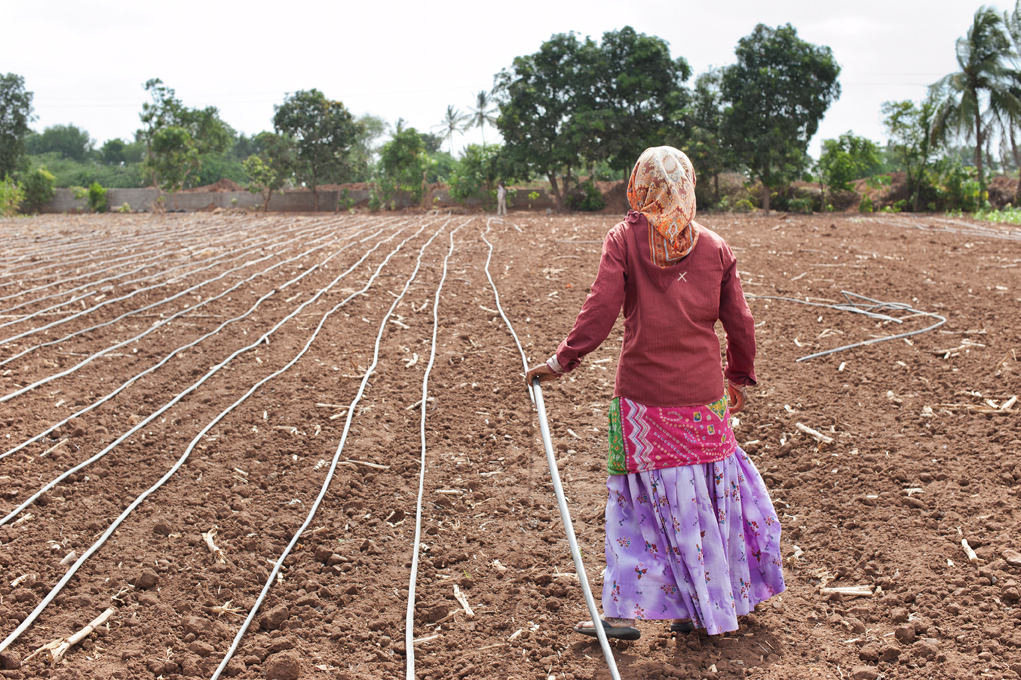CGIAR GENDER platform (Generating Evidence and New Directions for Equitable Results)
GENDER (Generating Evidence and New Directions for Equitable Results) is CGIAR’s new platform designed to put gender equality at the forefront of global agricultural research for development. The Platform will transform the way gender research is done, both within and beyond CGIAR, to kick-start a process of genuine change toward greater gender equality and better lives for smallholder farmers everywhere.
Launched in January 2020, GENDER builds on a wealth of research and learning generated by the previous CGIAR Gender Network and the Collaborative Platform for Gender Research (2011–2019). It encompasses all 15 CGIAR Research Centers, 12 collaborative CGIAR Research Programs and 3 CGIAR System-wide Research Support Platforms.
Researchers gather to reflect on and lead CIMMYT’s Gender Equity and Social Inclusion (GESI) efforts with renewed commitment and partnership
 Gender equality, youth and social inclusion
Gender equality, youth and social inclusion
On the sidelines of the CGIAR Gender Research Conference 2023 in New Delhi, CIMMYT researchers working on gender and social inclusion across the Global South gathered to discuss pathways toward 2030 for making GESI efforts intentional and impactful.
Integrating gender into crop breeding
 Gender equality, youth and social inclusion
Gender equality, youth and social inclusion
Innovative approaches to incorporating gender considerations into Seed Production Technology for Africa.
Transformative research provides pathways for including gender and socially marginalized groups
 Gender equality, youth and social inclusion
Gender equality, youth and social inclusion
Generating evidence and contributing to discussions and policy actions for inclusive and impactful agrifood systems, leading researchers from CIMMYT working with various stakeholders—including rural women farmers in Asia and Africa—converge in New Delhi at the 2023 CGIAR GENDER Impact Platform and ICAR Conference.
New publications: Caste-gender intersectionalities in wheat-growing communities in Madhya Pradesh, India
 Gender equality, youth and social inclusion
Gender equality, youth and social inclusion
Study reveals gaps and interactions between caste, gender and agricultural decision-making.
Gender-transformative research for sustainable food systems
 Gender equality, youth and social inclusion
Gender equality, youth and social inclusion
Discover groundbreaking research from CIMMYT and CGIAR to promote gender equality in agriculture and achieve a sustainable future.
Q&A: Spotlighting gender mainstreaming in agriculture
 Gender equality, youth and social inclusion
Gender equality, youth and social inclusion
New research explores how the adoption of Climate-Smart Agricultural Practices can help address environmental issues, reduce out-migration, and ensure household food security.
From diagnosis to action on social equity
 Gender equality, youth and social inclusion
Gender equality, youth and social inclusion
Building on impact of GENNOVATE, scientists recommend integrating gender-transformative research and methodologies into the new CGIAR Initiatives.
Breaking Ground: Jordan Chamberlin avidly explores the changing landscapes of Africa
 Innovations
Innovations
CIMMYT spatial economist studies how economic behavior varies across diverse geographical contexts, how smallholder farming systems in sub-Saharan Africa are evolving, and the need to revisit agricultural resources and policies accordingly.
New publications: Power, agency and benefits among women and men maize farmers
 Gender equality, youth and social inclusion
Gender equality, youth and social inclusion
Income-generating benefits of improved maize varieties hampered by patriarchal gender norms in rural Nigeria.
Lessons for gender in seed systems
 Gender equality, youth and social inclusion
Gender equality, youth and social inclusion
Workshop participants exchange ideas on expanding opportunities for women in the seed sector.
New publications: From working in the fields to taking control
 Gender equality, youth and social inclusion
Gender equality, youth and social inclusion
New study presents a typology of women’s decision-making in wheat in India.
Researchers urged to use common gender keywords to improve data impact
 Gender equality, youth and social inclusion
Gender equality, youth and social inclusion
A lack of consistent keywords when tagging research is leading to holes in searches for gender research across CGIAR, the world’s largest network of agricultural researchers. A more systematic and sharper use of keywords when describing datasets will improve findability in searches.
New publications: Exploring the gendered rules shaping agricultural innovation
 Gender equality, youth and social inclusion
Gender equality, youth and social inclusion
